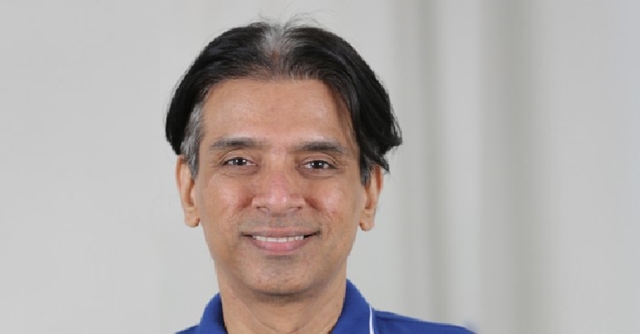
How can AI be leveraged to improve detection, diagnosis of TB


Tuberculosis (TB) remains a significant public health challenge, particularly in high-burden countries like India. The country faces numerous obstacles, including a vast and diverse population, inadequate healthcare infrastructure, and socio-economic issues. As the country with the highest TB burden globally, India has approximately 20,000 radiologists serving a population of 1.4 billion, creating formidable challenges in timely diagnosis and treatment. Given the scale of the problem and the shortage of skilled medical professionals, it is imperative that addressing TB effectively requires a multifaceted approach, including the development of vaccines, fostering research partnerships, and integrating technological advancements like artificial intelligence (AI).
The Drawbacks and Limitations of the Traditional Method
Conventional diagnostic methods involve conducting scans at screening centers or mobile screening units, with radiologists later reading the scans. Suspected patients are then sent for confirmatory sputum testing. This process is time-consuming and results in delays in diagnosis, contributing to the further transmission of TB due to its highly contagious nature. The delay also increases the risk of patients being lost to follow-up, which exacerbates the spread of TB. Additionally, the cost of a single sputum test can exceed 1000 rupees, with results taking several days. Other challenges include diagnostic difficulties, drug resistance, stigma, and fragmented healthcare delivery systems.

The Role of AI in TB Detection
AI offers promising avenues for improving the public health sector, particularly in TB detection. AI-powered lung screening tools have demonstrated significant efficacy in identifying TB. These advanced technologies can evaluate chest X-rays within 20 to 30 seconds, detecting potential TB cases and other abnormalities for further analysis. This rapid assessment allows for timely intervention, including pathology assessments, radiological diagnosis, and early treatment initiation.
Enhancing Accuracy and Efficiency in TB Screening

AI algorithms for TB screening have demonstrated high accuracy rates that often exceed 90%. These systems are complemented by administrative dashboards for patient management and monitoring, enhancing the efficiency of screening programs. The integration of AI with ultra-portable and portable X-ray equipment has transformed TB detection, making it possible to run these systems offline on regular laptops. This convergence of AI with portable technology enhances access to critical healthcare services in underserved communities, providing an end-to-end solution that is accessible, accurate, and efficient.
The incorporation of AI in TB detection and diagnosis represents a significant advancement in public health. By addressing the limitations of traditional diagnostic methods and enhancing the efficiency and accuracy of screening programs, AI has the potential to transform TB control efforts. This innovative approach not only benefits high-burden countries like India but also contributes to global health initiatives aimed at eradicating tuberculosis. Through continued research, collaboration, and implementation of AI-driven solutions, the goal of a TB-free future becomes increasingly attainable.
Global Implementation and Impact

The integration of AI in TB detection is not confined to a single nation but has demonstrated its efficacy across various global regions, significantly transforming healthcare delivery. In high-risk populations worldwide, AI-driven TB screening tools have streamlined workflows and enhanced diagnostic accuracy, enabling quicker and more effective interventions. These technologies have been particularly beneficial in areas with limited medical resources, providing critical support to healthcare systems struggling with radiologist shortages. By facilitating early detection and timely treatment, AI has contributed to reducing TB transmission rates and improving patient outcomes on a global scale. Furthermore, the adaptability of AI tools to operate both online and offline, and their compatibility with portable and handheld X-ray devices, have expanded their reach to even the most remote and underserved communities. This global implementation underscores the profound impact AI can have on public health, demonstrating its potential to address complex challenges and drive significant improvements in TB control efforts worldwide.

Ashutosh Pathak
Ashutosh Pathak is CTO of DeepTek.ai.
